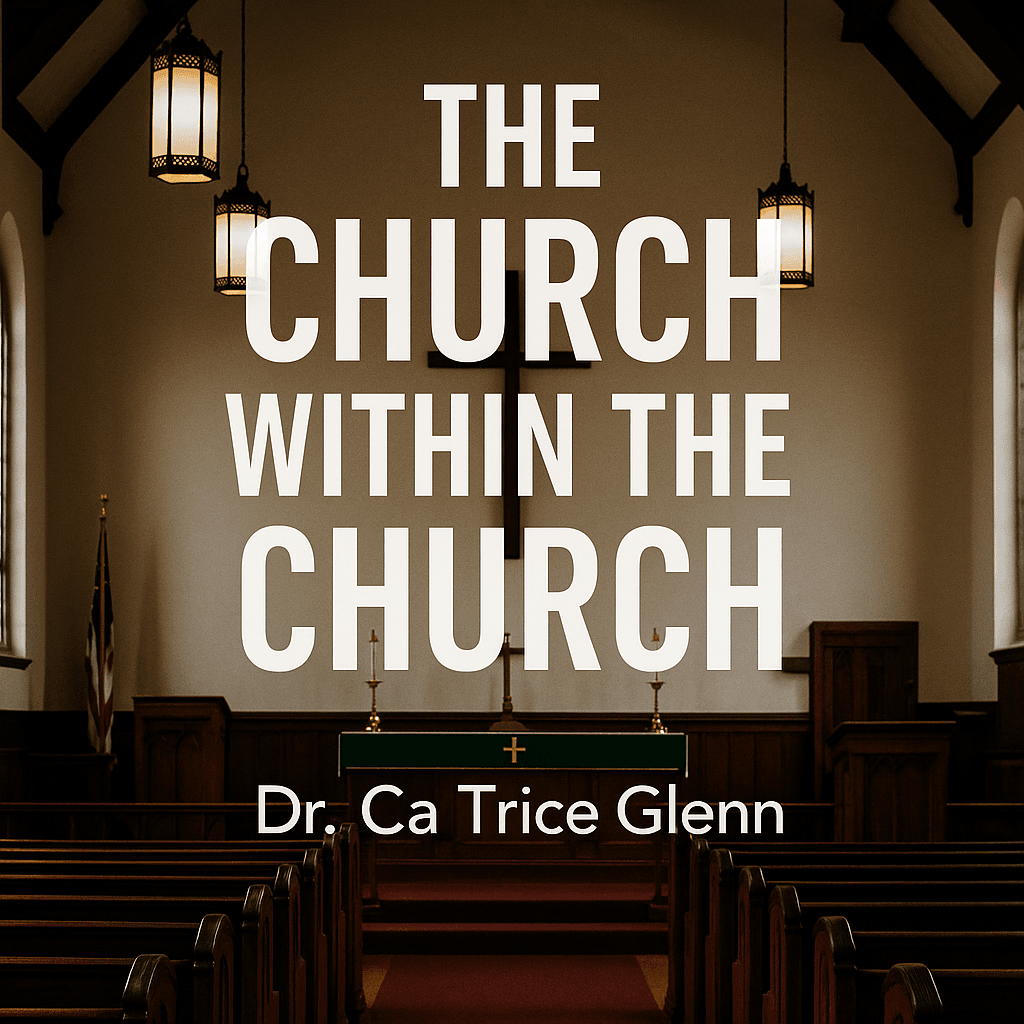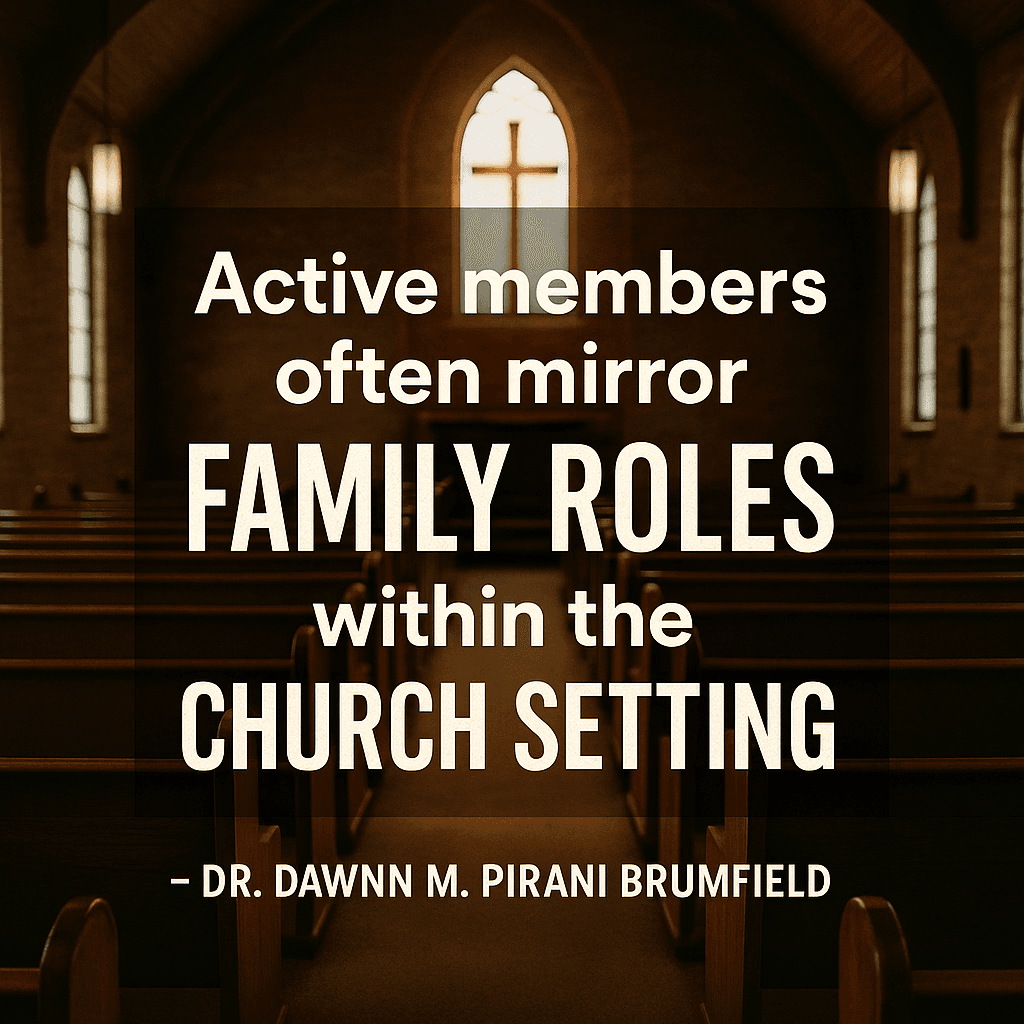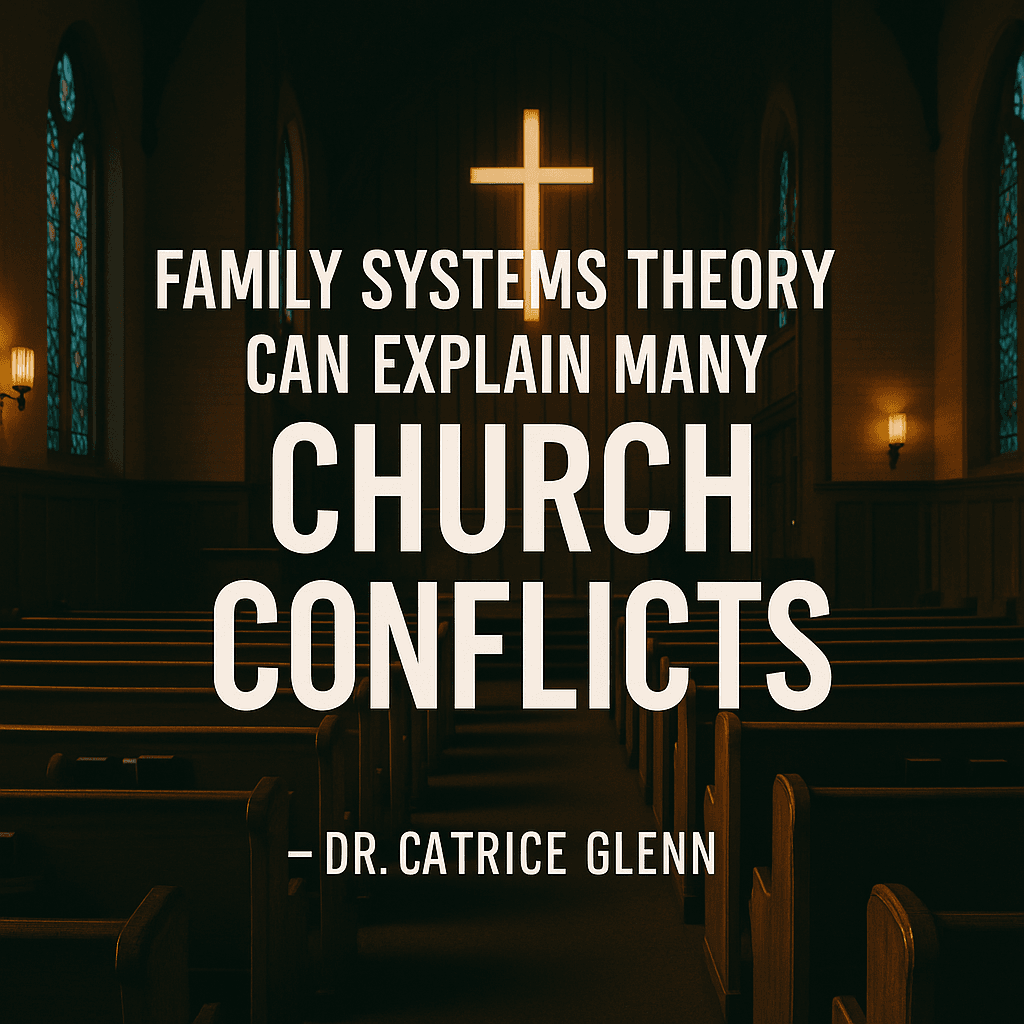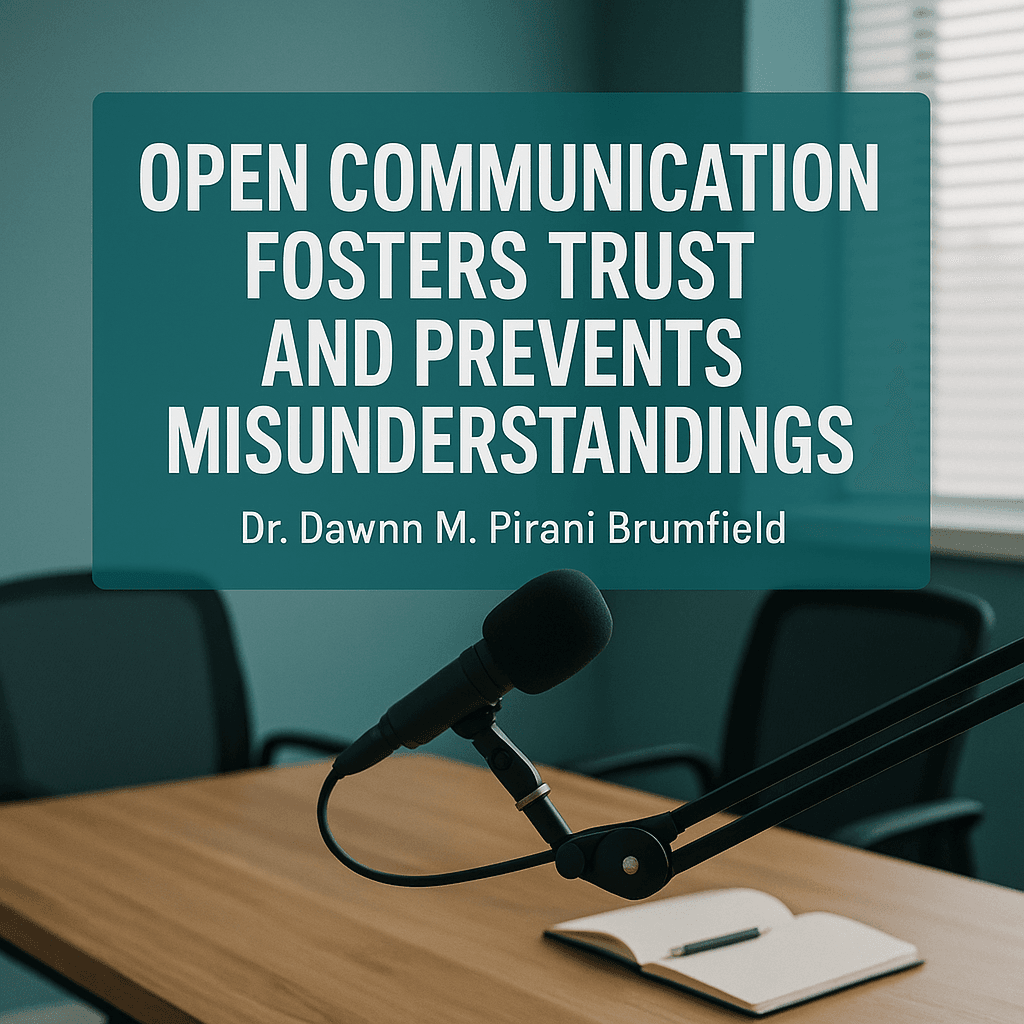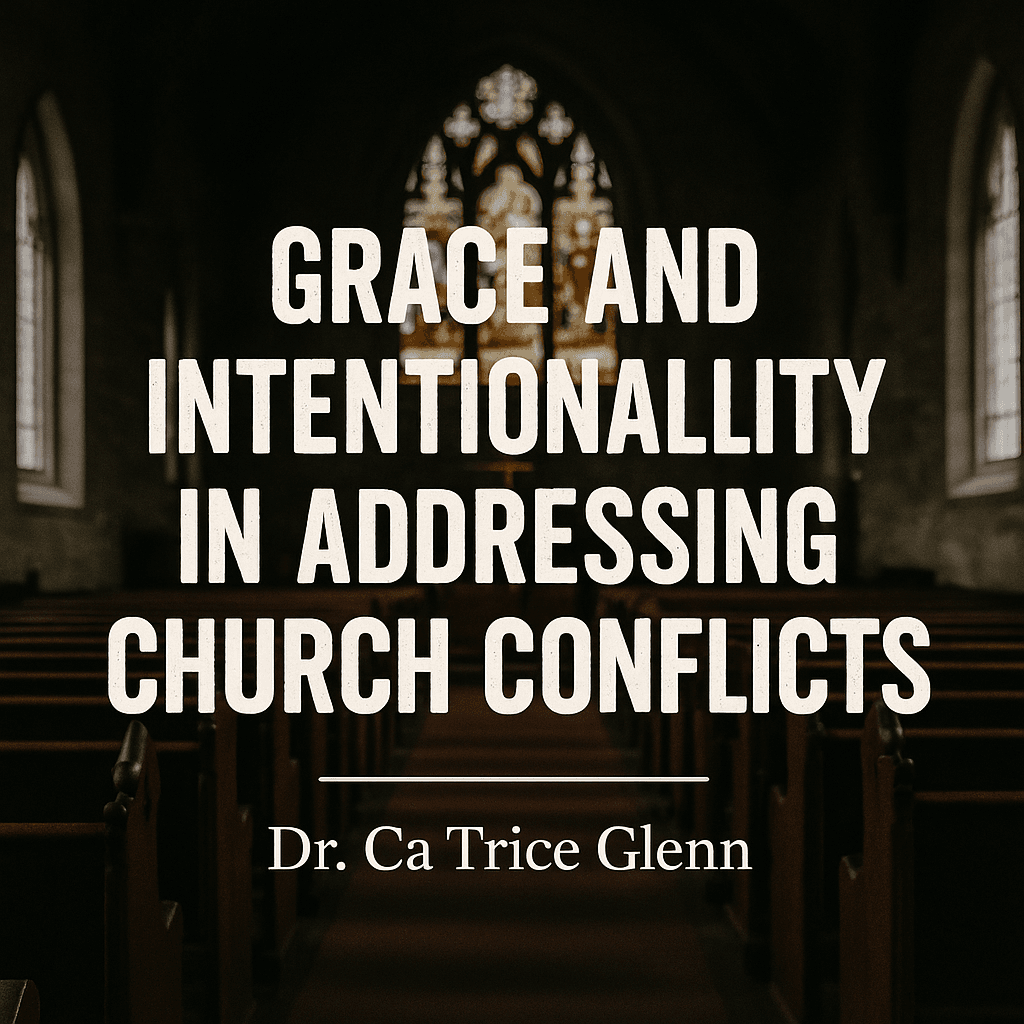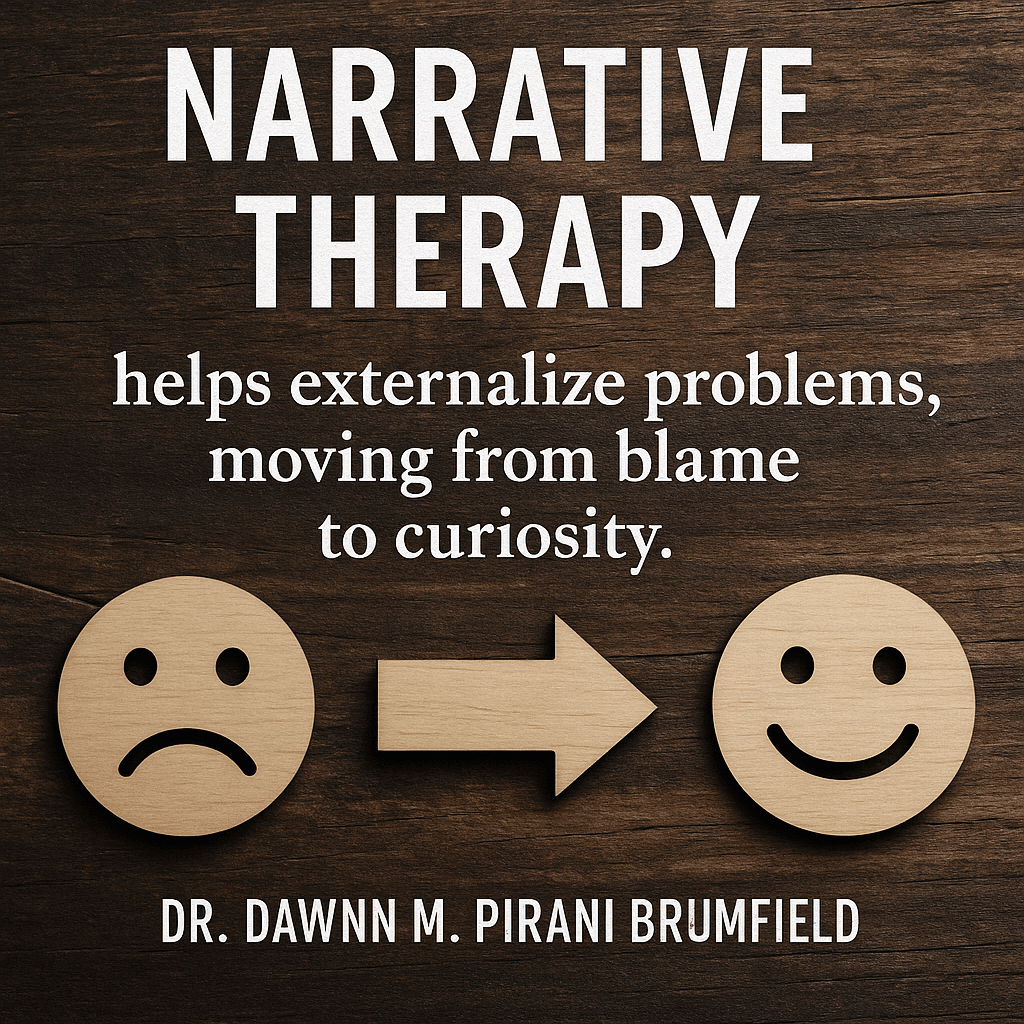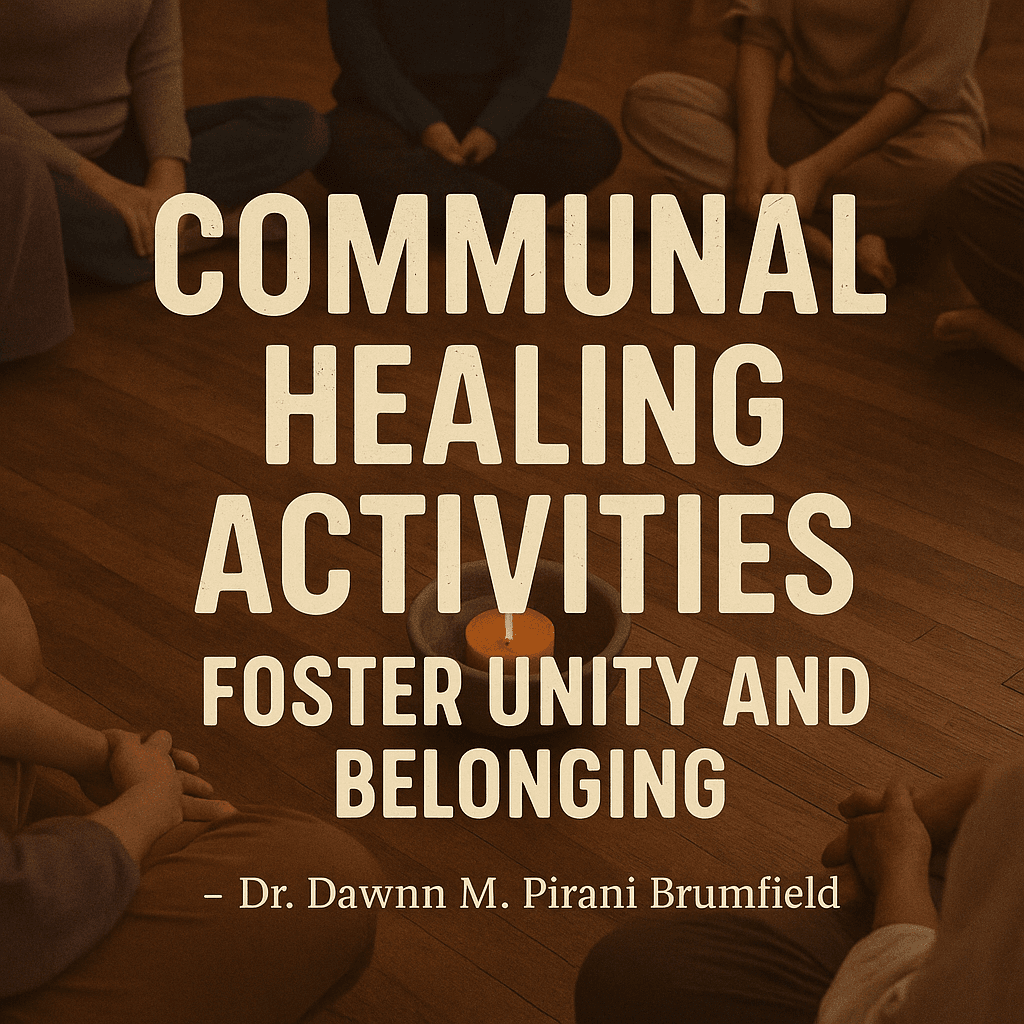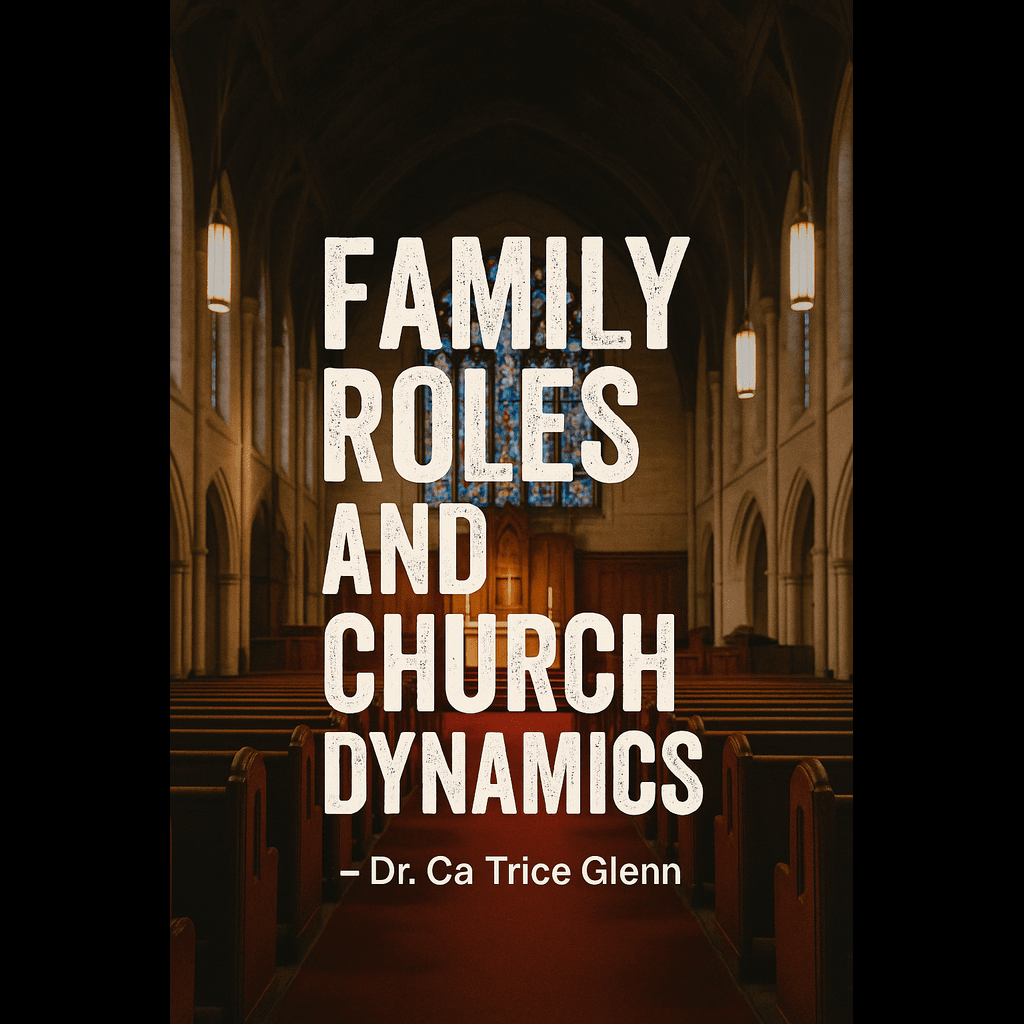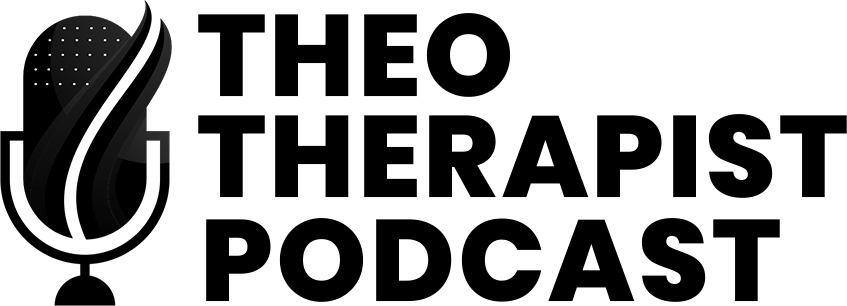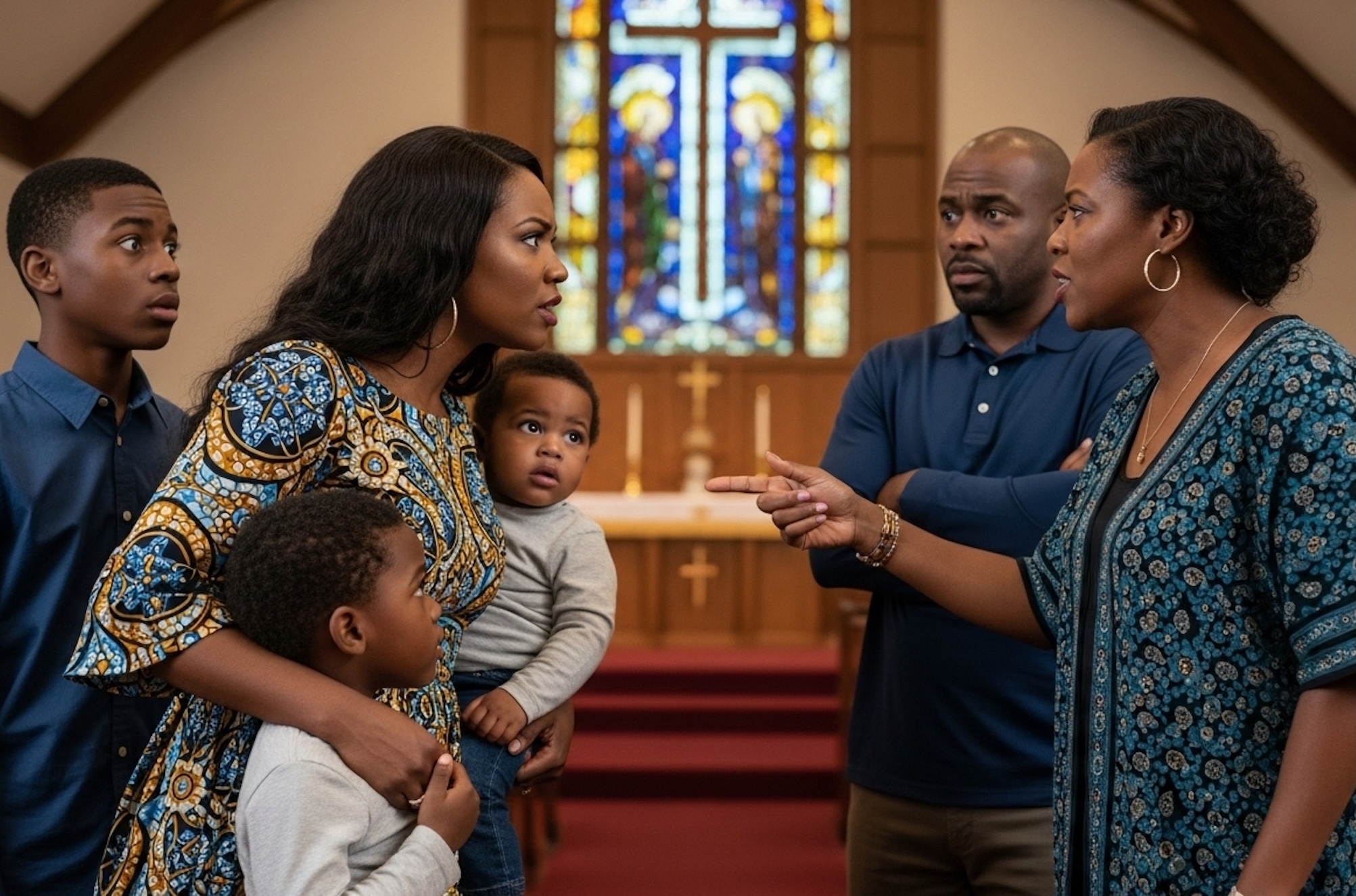Author: Dr. Ca Trice Glenn, Dr. Dawnn Brumfield
I
n the latest episode of the Theo Therapist podcast, Dr. Ca Trice Glenn and Dr. Dawnn Brumfield explore the intricate dynamics of church families. They delve into how family systems theory can shed light on the often-unspoken tensions within congregations. This blog post aims to unpack their insights and offer practical tips for pastors and lay members to foster healthier church communities.
The Church Within the Church: Dr. Glenn introduces the concept of the “church within the church,” where active members often mirror family roles. This inner circle can sometimes reflect the dynamics of a family system, with roles like the hero, scapegoat, and lost child manifesting in church settings. Dr. Brumfield shares her personal journey of growing up in a family of pastors, highlighting how these roles can lead to drama and conflict.
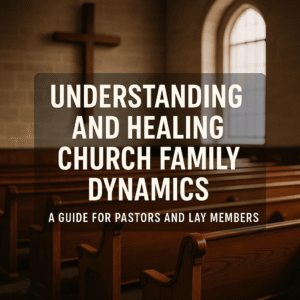
“Active members often mirror family roles within the church setting.” – Dr. Dawnn M. Pirani Brumfield
Recognizing Family Roles: Understanding these roles is crucial for church leaders. The hero might be the one who takes on too much, the scapegoat might be unfairly blamed for issues, and the lost child might feel overlooked. Recognizing these roles can help leaders address underlying tensions and foster a more inclusive environment.
Healing Through Narrative Therapy: Dr. Brumfield emphasizes the power of narrative therapy in healing church conflicts. By externalizing problems, congregations can move from blame to curiosity. This shift allows members to explore the root causes of issues without pointing fingers. Dr. Glenn adds that grace and intentionality are key in addressing church conflicts, encouraging leaders to approach issues with compassion and understanding.
Practical Tips for Church Leaders
1. Foster Open Communication: Encourage open dialogue within your congregation. Create safe spaces where members can express their concerns without fear of judgment. This openness can prevent misunderstandings and build trust.
2. Embrace Diversity: Celebrate the diversity of opinions and perspectives within your church. Encourage members to share their unique viewpoints, and use these differences as opportunities for growth and learning.
3. Promote Communal Healing: Organize communal healing activities, such as group prayers or retreats. These events can help members reconnect and heal from past conflicts, fostering a sense of unity and belonging.
4. Redefine Roles: Work with your congregation to redefine traditional family roles. Encourage members to step out of their comfort zones and explore new ways of contributing to the church community.
5. Practice Grace and Forgiveness: Remind your congregation of the importance of grace and forgiveness. Encourage members to approach conflicts with empathy and understanding, recognizing that everyone is on their own journey.
Dr. Glenn and Dr. Brumfield’s discussion offers valuable insights into the intersection of theology and therapy. By understanding and addressing the dynamics of church families, leaders can create healthier, more inclusive communities. For more insights, be sure to listen to the full episode and explore the resources available on the Theo Therapist website.
Subscribe Now: Stay updated with the latest episodes and insights by subscribing to the Theo Therapist podcast. Visit our website for more resources and join our community of listeners committed to exploring the intersection of faith and mental health.
“Family systems theory can explain many church conflicts.” – Dr. Ca Trice Glenn
“Church groups can function like family systems, leading to drama.” – Dr. Dawnn M. Pirani Brumfield
Quotes
